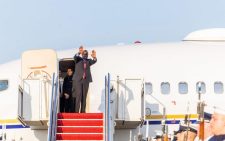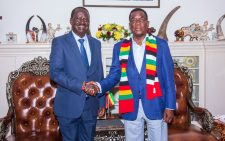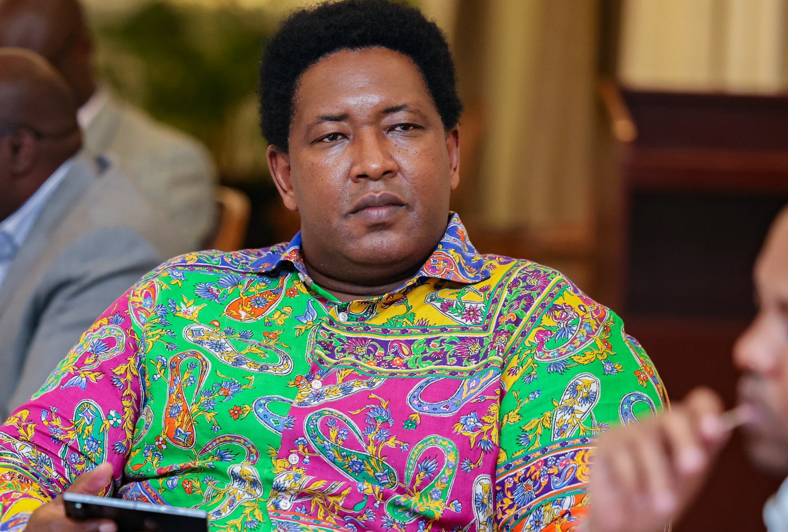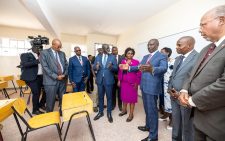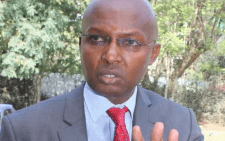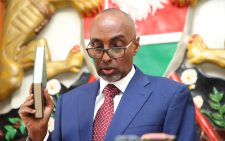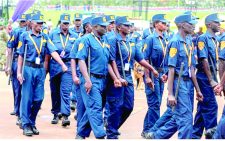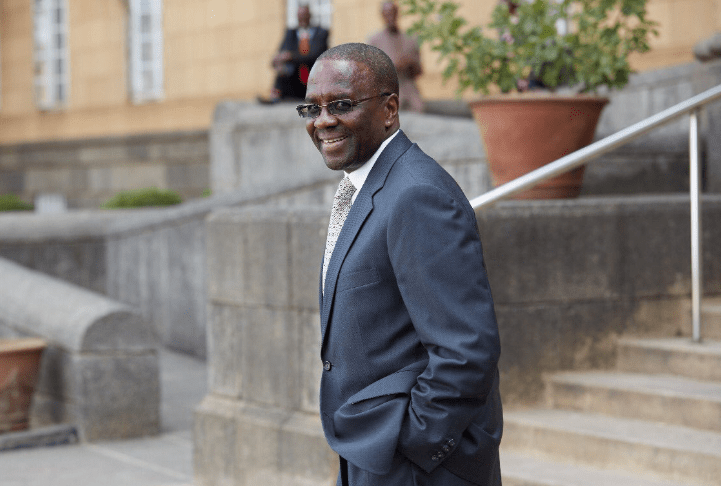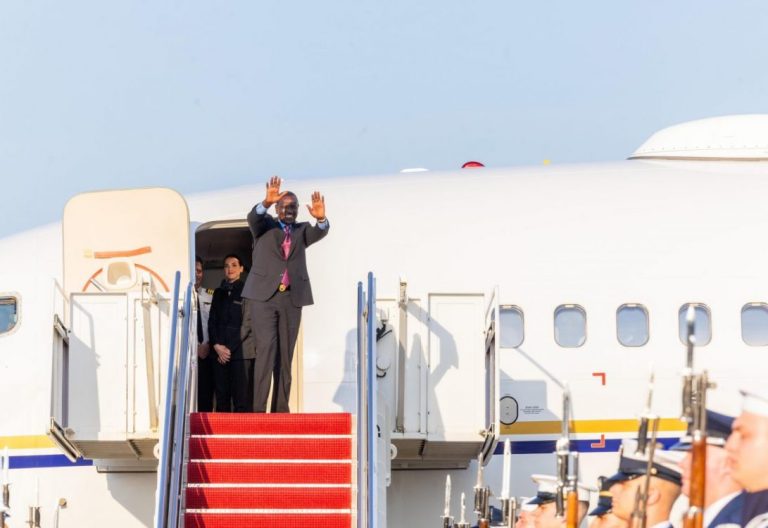We must protect donkey owners in urban towns, lobby says
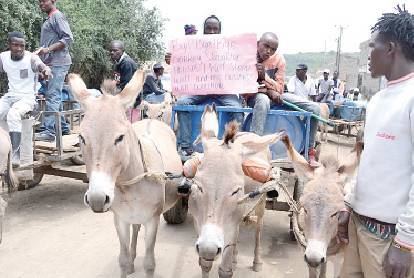
A donkey welfare group is appealing for the protection of donkey owners.
“Unlike their counterparts in rural areas who own or live in large private lands, these town dwellers live in rented premises which are overcrowded leaving no space for keeping donkeys.
These force them to release their donkeys to loiter at night thus exposing them to numerous dangers ranging from being hit by cars to being stolen and slaughtered,” offered Nairobi donkey welfare CBO chairman Muthamia Stephen – adding that such challenges are a threat to the donkey owners’ source of livelihood.
“After seeing what we go through while working with donkeys in urban areas, I mobilized donkey owners and users to form a donkey welfare CBO as a vehicle that will enable us to articulate our challenges in an acceptable way,” explains Muthamia.
This has further created conflict between the donkey owners and the authorities as well as other town residents.
Recently donkey owners came together from donkey welfare groups in all regions with working donkeys.
These groups later on formed Nairobi donkey welfare community based organization (CBO) aimed at creating a movement of change in donkey welfare.
“When donkey owners come together, it is easy for them to pull resources together to take care of their donkeys as well as their personal needs,” commented Martin Mwiti, a Community development officer from KENDAT, a local NGO working with donkey owners and users in urban areas.
He further clarifies that, it’s easy for the government to deal with communities who have good community structures such as CBOs and Self-help groups. These structures also give voice to donkey owners/users thus acting as an excellent channel for advocating for their donkeys.
The Nairobi donkey welfare CBO has been in forefront in advocating for donkeys working in towns as well as bringing donkey owners/users together in urban areas through events. Such an event is a donkey welfare learning fun day with the theme creating a movement of change in donkey welfare.
The event brought together around 218 donkey owners from Nairobi, Kiambu, and Mwea and Naivasha towns. The event created a good platform for donkey owners to share and learn as well as sharing their challenges to various relevant stakeholders who were also present.
“This event does not only bring us together as donkeys, it also gives a chance to learn from each other, every town has its own challenges and ways of dealing with them. Furthermore, it also creates a good platform to address various stakeholders directly thus giving us a good ground for negotiating for more resources to advocate for donkeys,” noted Muthamia.
Donkey has created employment opportunities for youth in rural and urban areas, where they offer transport services to people.
“The youth especially those in rural areas are using the donkey as a source of employment and this makes them earn a decent living, keeping them away from abusing drugs. This is our ultimate goal of ensuring that they embrace agribusiness as a means of earning a living,” said Mwiti.
“We must advocate for our donkeys to be included in the development agendas,” offered Maitethia, chairman, Alliance of Donkey Owners in Kenya (ADOK).
Donkeys play a critical role in transporting agricultural produce to Markets thus sustaining the economy.
These in-turn create employment for numerous donkey owners and users and community members who are in the agricultural sector. They seek to pull resources together to cater for our needs and the environment around us without straining our communities.
